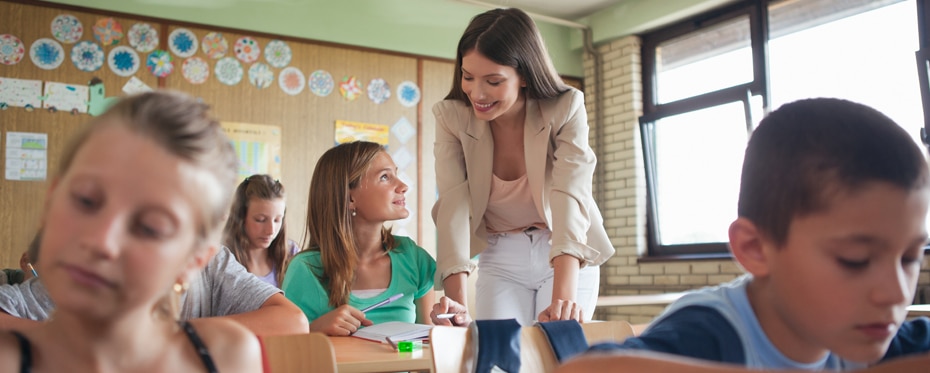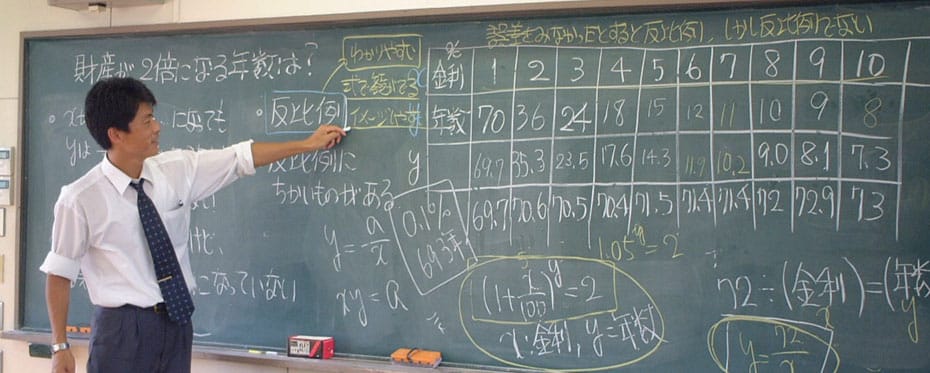Tag: teaching
Making organic chemistry fun, meaningful, and accessible

Many undergraduate students perceive organic chemistry modules as make-or-break courses in their university career. They often resort to rote memorisation, which not only alienates them but prevents them understanding the discipline in depth. Social and economic factors may also be significant barriers in the study of this fundamental subject. With examples drawn from her extensive teaching experience, Dr Irosha N […]
Read More… from Making organic chemistry fun, meaningful, and accessible
Pushing boundaries: Peter McLaren on the importance of critical pedagogy inside and outside the classroom

Peter McLaren is Distinguished Professor in Critical Studies and Co-Director and International Ambassador for Global Ethics and Social Justice of the Paulo Freire Democratic Project at Chapman University in the USA. Regarded as one of the leading architects of critical pedagogy, McLaren re-envisions the philosophy of Freire in the context of contemporary issues, including the struggle of the LGBTQ community, […]
Research Outreach – Issue 131: Vaccines, nanotech, and new teacher troubles
Research Outreach Issue 131 covers the spectrum of scientific research from long-range submarine sensors to using nanotechnology in nuclear fusion, as well as social issues such as building inner strength, and how to support new teachers when teaching ‘out-of-field’. We cover a number of positive new insights in the field of medicine, including a valuable approach to childhood vaccines that […]
Read More… from Research Outreach – Issue 131: Vaccines, nanotech, and new teacher troubles
Out-of-field teaching: New teachers survive under pressure

It is the nightmare of many early-career teachers: to have to teach a subject that’s not your specialism to a class of students who sense your fear. In newly published research, Dr Susan Caldis from Macquarie University in Australia finds that out-of-field teaching is a major issue which particularly affects teachers as they transition from initial teacher education programmes into […]
Read More… from Out-of-field teaching: New teachers survive under pressure
Play like a team in Teams: How students engage with online social learning

As the global pandemic increasingly keeps students away from classrooms, school and university-level teaching has had to adapt to online environments. It is now more important than ever that we understand how students can engage with each other in the online learning process. Associate Professor Sarah Prestridge from Griffith University, Australia, studied how students interact with their peers and online […]
Read More… from Play like a team in Teams: How students engage with online social learning
The dangers of labels: English as a Second Language

According to the US Census, one-fifth of the American population speaks English as a Second Language (ESL) and speaks another language at home. Professor Lee Gunderson of the University of British Columbia in Canada investigates the negative consequences for people labelled as ESL or English Language Learner (ELL) in the United States. Having first raised these concerns more than 20 […]
Read More… from The dangers of labels: English as a Second Language
How to use exemplars and rubrics to improve student outcomes

Associate Professors in the Faculty of Education and Social Work at the University of Auckland, Eleanor Hawe and Helen Dixon, specialise in evaluating and improving learning assessments. Eleanor is interested in goal setting, feedback, and peer review. Helen focuses on teachers’ beliefs and their effect on learning. In their study, ‘Using rubrics and exemplars to develop students’ evaluative and productive […]
Read More… from How to use exemplars and rubrics to improve student outcomes
Peer observation and review improves university science teaching

STEM subjects in higher education are often taught by staff who have little or no formal training in how to teach. The Peer Observation and Review of Teaching (PORT) program provides a means for university academics to improve their teaching through feedback from their peers. Helen Georgiou and co-workers from the University of Sydney have investigated the effectiveness of the […]
Read More… from Peer observation and review improves university science teaching
Teaching words and how words work

Language is such a fundamental part of our being that vocabulary acquisition can be taken for granted. But vocabulary learning is a mammoth task, not least as it’s estimated that English-speaking students will encounter around 150,000 different words during their school career. American educator and researcher Elfrieda H. Hiebert has used digital technology to analyse thousands of texts to discover more about […]
Evaluating students’ perceptions of the roles of mathematics in society

Toshikazu Ikeda, Professor of Mathematics Education at Yokohama National University, has found that while mathematical modelling is often evaluated with respect to mathematical attributes, little academic consideration has been given to the non-mathematical viewpoint. To fill this knowledge void, he has developed an analytical tool to evaluate the changes in students’ perceptions of the roles of mathematics in society following […]
Read More… from Evaluating students’ perceptions of the roles of mathematics in society